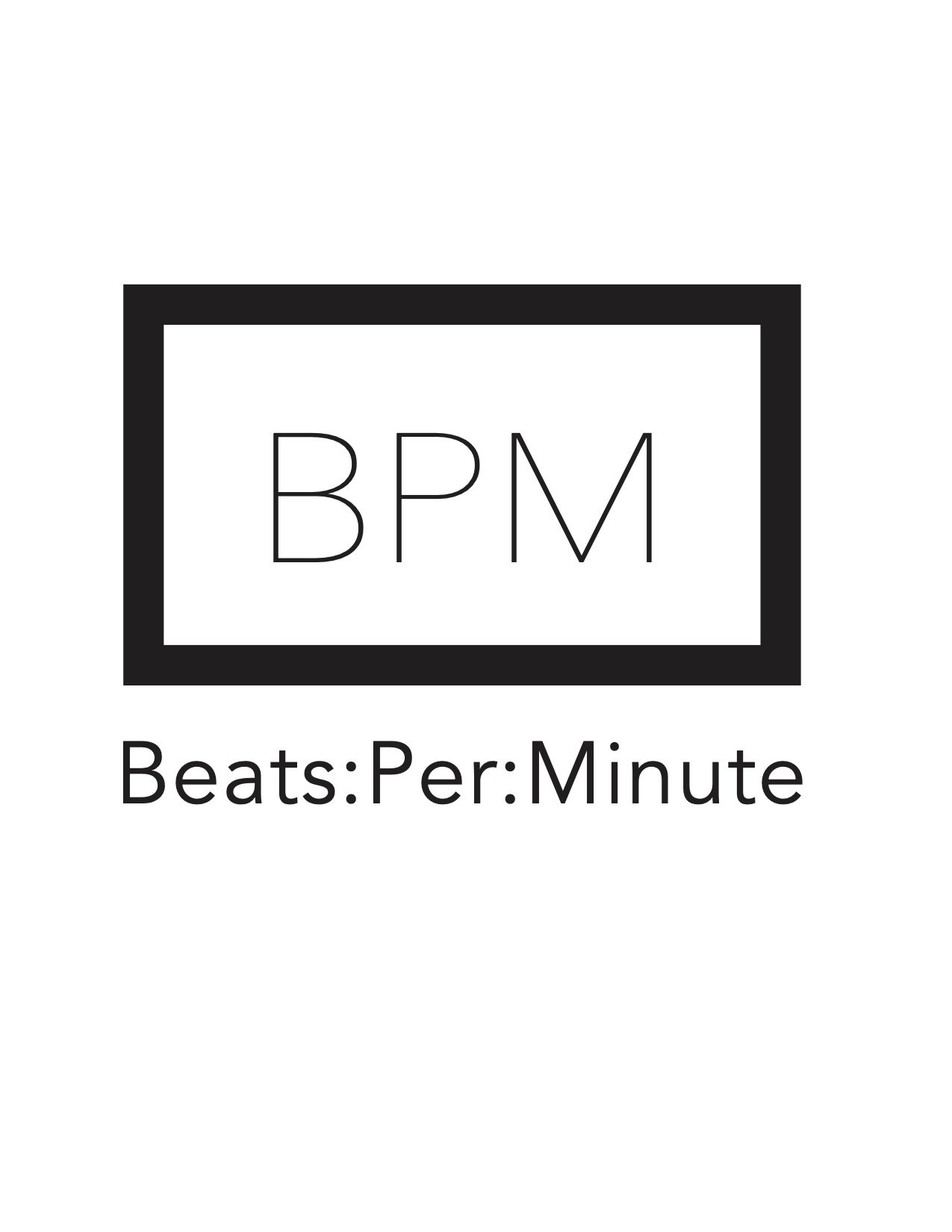
Heart disease is the leading cause of death in America.
However, Black Americans are disproportionately affected. It claims the lives of 1 in 4 – annually. Although a substantial portion of the U.S. population suffers from multiple risk factors like obesity and tobacco use, internalized stress has been the most prominent catalyst for heart disease, stroke, cancer, diabetes and a host of other diseases that plague Black America – more than any other ethnic group.
50% less likely to receive mental health treatment
3.5 times as likely to die before age 1
40%more likely to die from breast cancer
80% more likely to be diagnosed with diabetes
48% are obese, with severely high childhood obesity

Factors to Consider
Access to healthcare is a key piece of winning this fight, but it’s not the only piece. BPM leads a grass-roots initiative to raise support and increase participation in a wide range of life-saving programs, including prevention, testing, counseling, treatment services, health education, peer mentorship and much more.
Race, Ethnicity & Health
Race and ethnicity can be markers used to better understand the severity of risk factors. For example, Black Americans are inherently predisposed to non-communicable diseases before birth, due to the intergenerational transference of post-traumatic stress.
Data Collection & Funding
Health practitioners rely on the U.S. Census Bureau to effectively implement preventative care programs. However, people of color and other marginalized groups are often undercounted, which affects hundreds of billions of dollars in federal funding.
Preventative Care
The obstacles most healthcare practitioners face when trying to care for Black America in a culturally-sensitive manner, include difficulties with recruitment that gains trust, programming that encourages participation and branding that engages a younger audience.








